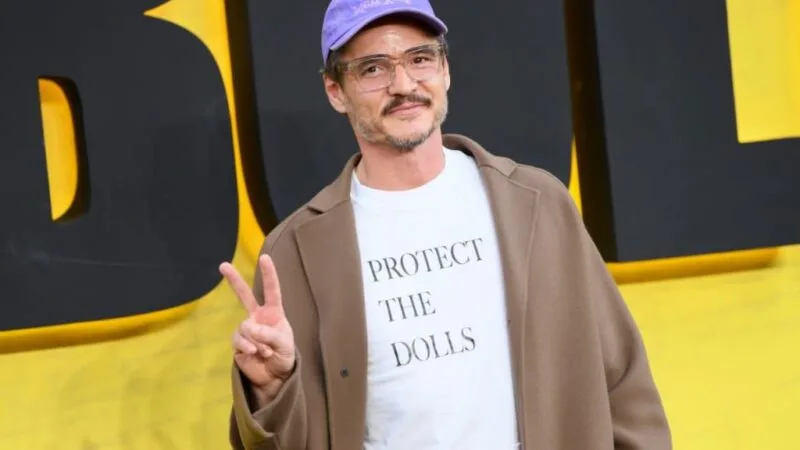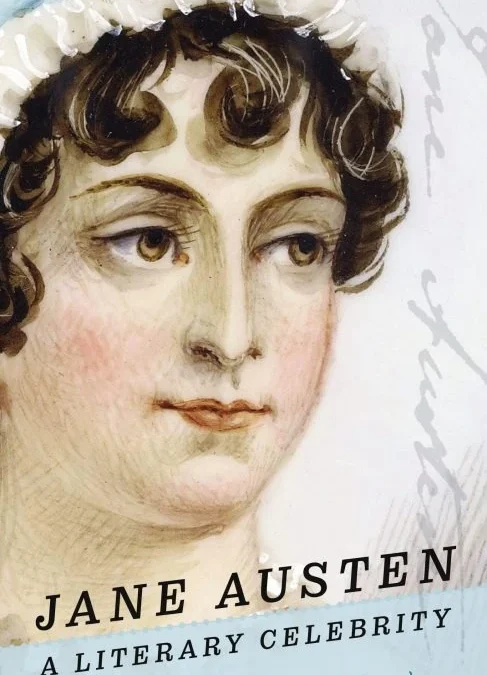In a clear and unequivocal statement, actor Pedro Pascal publicly condemned “Harry Potter” author J.K. Rowling as a “heinous loser” for her endorsement of a recent UK Supreme Court decision that has far-reaching implications for transgender rights. Pascal’s comments have reopened debates regarding the role of public figures in speaking out on behalf of marginalized groups and the current controversy surrounding transgender rights in the UK.
The Controversial Ruling and Rowling’s Reaction
On April 16, 2025, the UK Supreme Court handed down a decision that legally interprets “woman” and “sex” in the Equality Act as meaning biological sex assigned at birth. The ruling essentially bars transgender women from receiving some legal protections that cisgender women enjoy, affecting aspects such as single-sex spaces and public boards.
Author J.K. Rowling, who earlier made gender-critical comments, hailed the court’s decision on social media. She uploaded a picture of herself standing on a yacht, lighting a cigar, and captioning it, “I love it when a plan comes together,” a line which became popular by the TV show “The A-Team.” This tweet has been broadly translated as a proud recognition of the court’s move, for which she had publicly shown support with the organization For Women Scotland.
Pedro Pascal’s Public Criticism
Pedro Pascal, star of “The Last of Us” and “The Mandalorian,” responded to Rowling’s update in kind on Instagram. Posting about a video by activist Tariq Ra’ouf, who denounced Rowling’s position and urged people to boycott “Harry Potter” material, Pascal commented, “Awful disgusting SH*T is exactly right. Heinous LOSER behavior.”
Pascal’s remark soon went viral, with people applauding his openness and acceptance of the transgender population. His words are not surprising given his past support for LGBTQ+ rights, as he publicly supported his sister Lux Pascal when she revealed she was transgender in 2021. He also joined fundraising campaigns, including the “Protect the Dolls” initiative, which raised substantial amounts of money for trans rights charities.
Celebrity Advocacy and Public Reaction
Pascal’s vocal opinion has been received with both praise and criticism. Some believe that celebrities possess a platform that can draw attention to significant social issues, and Pascal’s remarks are a prime example of responsible use of that platform. Others, though, believe that such remarks can polarize public opinion and potentially alienate fans who disagree.
Other celebrities have also commented on the controversy. Actors Daniel Radcliffe, Emma Watson, and Rupert Grint, who appeared in the “Harry Potter” movie franchise, have already commented in favor of transgender rights and against Rowling’s opinions. Their comments, coupled with Pascal’s recent remarks, indicate a recent trend of celebrities speaking out publicly on social and political matters.
Implications for the “Harry Potter” Franchise
The reaction against Rowling’s remarks and the calls for boycott that followed challenge the future of the “Harry Potter” franchise. As HBO develops a new television series, the controversy has the potential to influence casting, ratings, and overall reception. Pascal’s association with HBO via “The Last of Us” creates another layer of complexity because his open rebuke of Rowling can make the network’s involvement with the author seem tainted in the eyes of the public.
The Wider Context of Transgender Rights in the UK
The UK Supreme Court’s decision has prompted widespread controversy over the legal status of transgender people and their entitlement to rights and protections. Human rights groups have raised alarm that the ruling creates a precedent for the undermining of transgender rights, while others contend it preserves the integrity of sex-based protections.
Amnesty International UK called the decision “disappointing” and threatened “potentially troubling consequences for trans people,” calling for continued vigilance in defense of the rights of marginalized groups.
Conclusion
Pedro Pascal’s critique of J.K. Rowling’s endorsement of the UK Supreme Court’s decision is a testament to the powerful presence celebrities have to influence public debates on social affairs. As tensions regarding transgender rights rage on, the entry of prominent figures like Pascal serves only to bring heightened attention to issues affecting the transgender community and how allyship supports the struggle towards equality.
Even as the controversy has re-ignited debates around the role of public figures, it also emphasizes the strength of voices collectively speaking out for change. As society is tasked with sorting through issues of identity, rights, and representation, the actions of individuals both in the private and public sphere will continue to determine the trajectory toward inclusivity and understanding.





